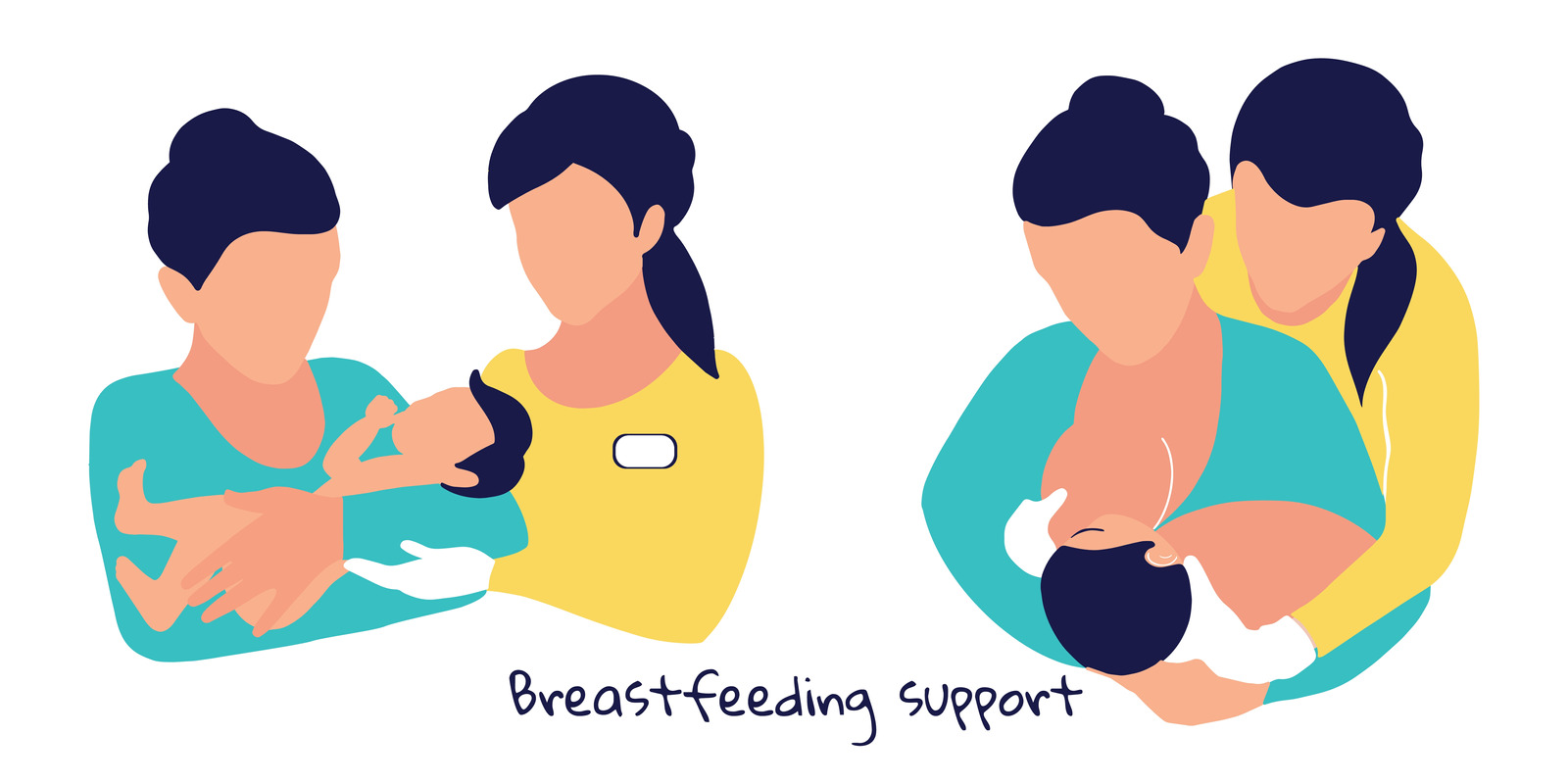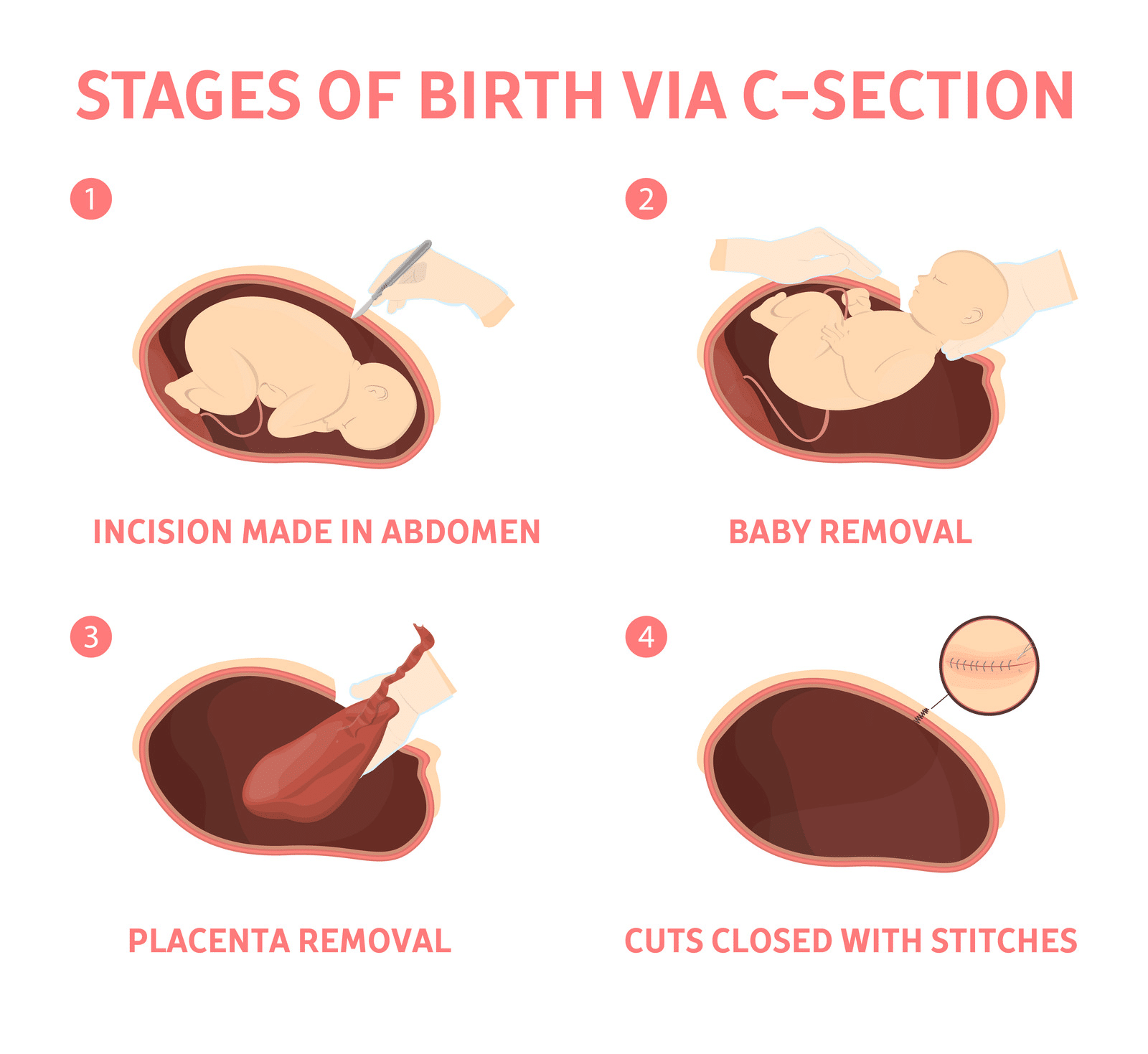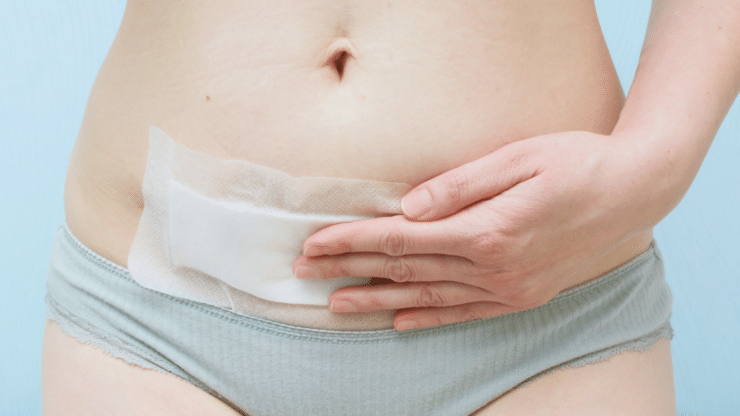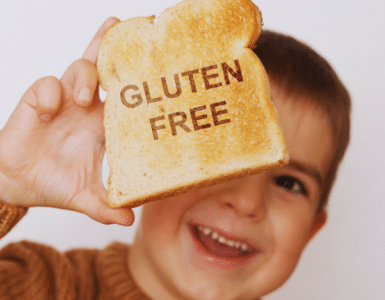Recovering from a cesarean birth, whether planned or unexpected, comes with a unique set of physical challenges. You are not only recovering from pregnancy and potentially the hard work of labor, but also a major abdominal surgery!
No matter if your birth went according to plan or not, here are a few ways that you can plan for your physical recovery from your cesarean birth. Share this list with your partner or family members in order to prompt discussions about how they can best support you during the postpartum stage after a C-section.
Nourishment and Rest
Recovering from pregnancy and birth, producing milk, and caring for a newborn all take a huge amount of energy. Every new postpartum parent should focus on adequate rest and nutrition in order to facilitate healing.
After a C-section, you will have the added need for being gentle with your abdominal muscles. Avoid lifting anything heavier than your baby until you have been cleared to do so, and be careful when sitting up from bed. Gentle stretches and walking can help keep healing muscles loose while not putting too much strain on them.
Accessibility and Mobility
It is important to listen to your body and not push your mobility too soon. While movement and stretching are important, avoid motions that put strain on your lower abs for several weeks if possible.
This means that you might have to rearrange your living space in order to access the necessities while minimizing the use of stairs, bending, and reaching. Use all the help you have available, and try to keep anything you use daily easy to reach.

Breastfeeding Support (If Needed)
Because C-sections can cause a delay in breastmilk production, as well as interfere with skin-to-skin contact and early latching in the first hours after the birth, there are sometimes unique challenges to overcome.
However, many, many moms who have cesarean births are able to successfully breastfeed their babies! Make sure you have a lactation consultant or other breastfeeding support person available in case of unforeseen challenges. Getting things addressed quickly is the best way to stay on track with your breastfeeding goals.
Emotional Wellness
Because cesareans disrupt the standard hormonal flow of labor and birth, they bring a higher potential for postpartum mood disorders. If your birth was difficult and the cesarean was unplanned, there might be an added layer of trauma involved as well.
Your partner, friends, and family should help make sure you are taking care of your emotional wellness after birth. Reach out to a care provider immediately if you are having symptoms of postpartum depression or anxiety. These mood disorders are common and treatable, and are not something to feel ashamed of or try to deal with alone.
The early postpartum months can be a rollercoaster no matter how you gave birth. If you can, plan to rest and recover for as long as possible. It can be hard for some new parents to give their body the time it needs to heal, but give yourself some grace! You’re doing great, and recovery is hard work!











Add comment